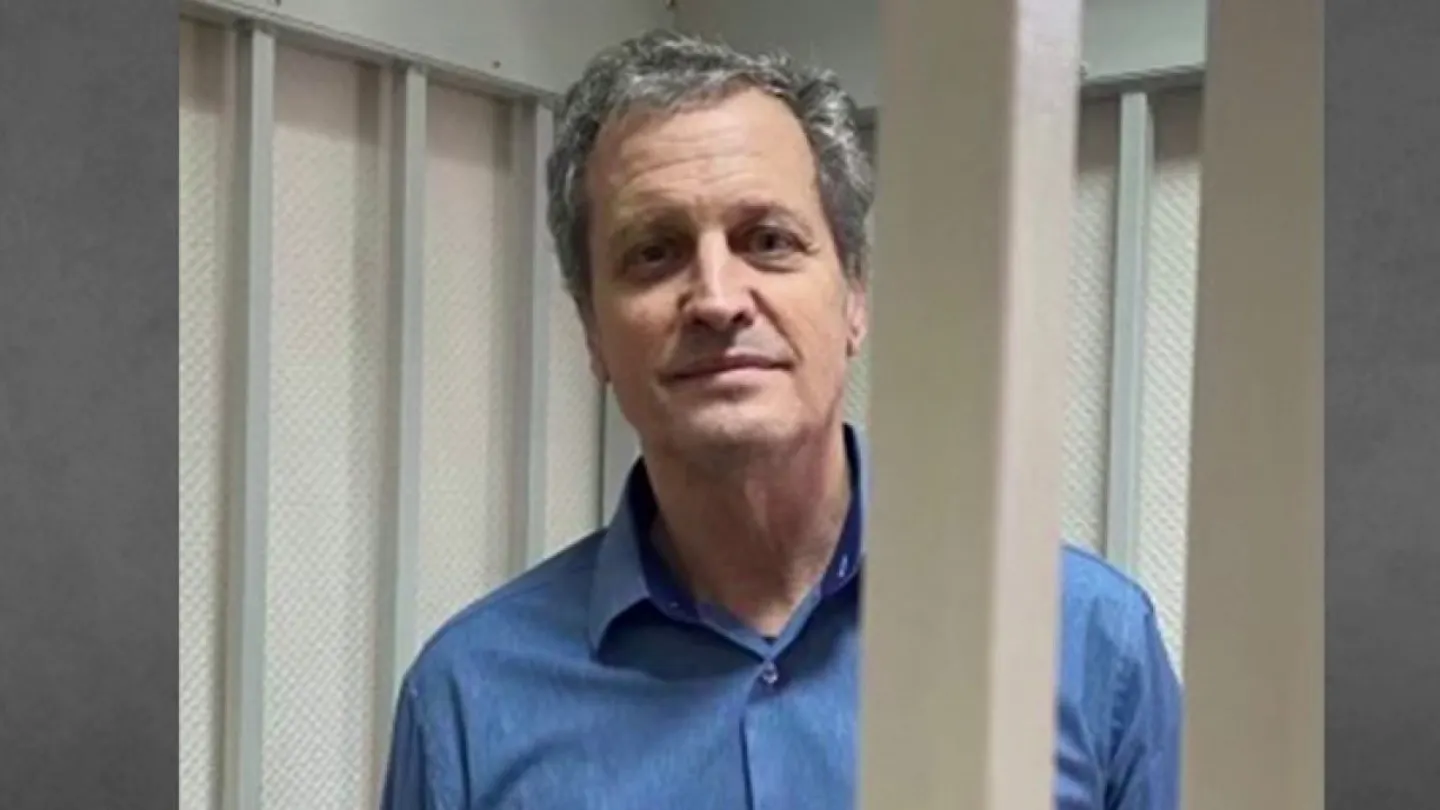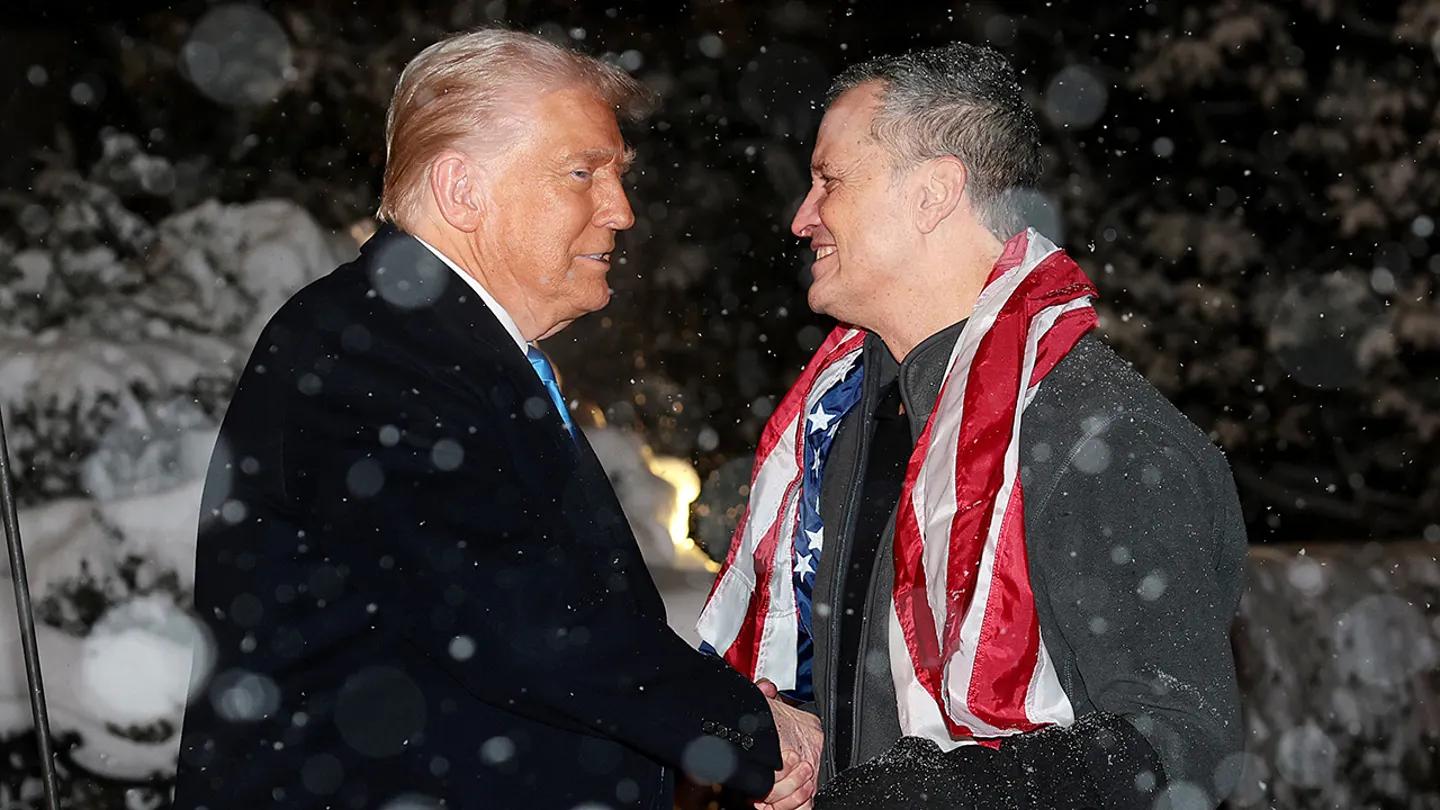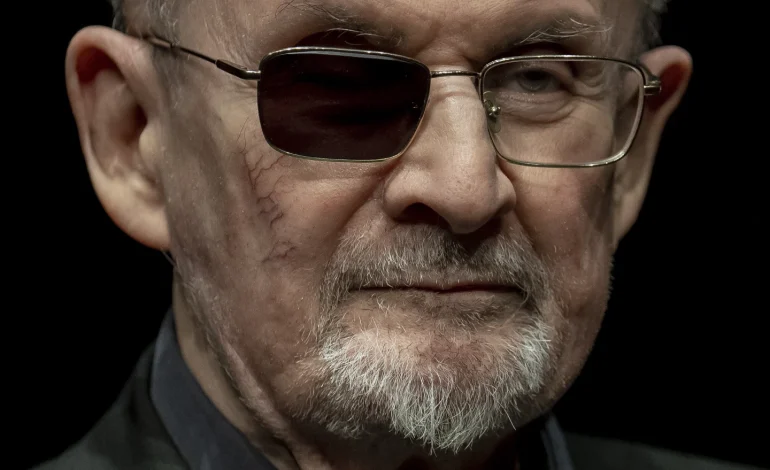The trial of Hadi Matar, the man accused of attempting to murder author Salman Rushdie in a violent attack at the Chautauqua Institution in August 2022, begins Monday with opening statements, The Associated Press reports.
Rushdie, 77, is expected to testify, marking the first time he will face his alleged assailant, Matar, since the near-fatal stabbing.
The attack occurred as Rushdie was preparing to deliver a lecture on protecting writers from harm at the Chautauqua Institution Amphitheater. Matar, 27, of Fairview, New Jersey, allegedly rushed the stage and stabbed Rushdie more than a dozen times, inflicting severe injuries to his neck, stomach, chest, hand, and right eye. The author, known for works like “Midnight’s Children” and “Victory City,” suffered partial blindness and permanent damage to one hand as a result.
Rushdie has recounted the attack and his arduous recovery in his memoir, “Knife: Meditations After an Attempted Murder,” released last year.
Matar, who has pleaded not guilty to charges of attempted murder and assault, was present throughout the three-day jury selection process last week, taking notes and consulting with his attorneys.
The trial is expected to last one to two weeks, with jurors being presented with video and photographic evidence from the day of the attack. Henry Reese, the event’s moderator and co-founder of City of Asylum in Pittsburgh, who was also wounded in the attack, may also testify.
Matar was apprehended by onlookers who restrained him until police arrived. He reportedly traveled by bus to Chautauqua, located some 75 miles south of Buffalo, and is believed to have spent the night before the attack on the grounds of the arts and academic retreat.
While Matar’s defense strategy remains undisclosed, the prosecution is expected to present a compelling case.
This trial precedes a separate federal indictment against Matar, alleging his actions were motivated by a terrorist organization’s endorsement of the 1989 fatwa issued by the late Iranian leader Ayatollah Ruhollah Khomeini, calling for Rushdie’s death over his novel, “The Satanic Verses.” These federal charges include terrorism transcending national boundaries, providing material support to terrorists, and attempting to provide material support to a terrorist organization. A trial on these federal charges will be scheduled separately in US District Court in Buffalo.
Rushdie spent years living in hiding following the issuance of the fatwa. Federal authorities allege that Matar believed the edict was supported by Hezbollah, a Lebanon-based militant group, and reinforced in a 2006 speech by its then-leader, Hassan Nasrallah.








